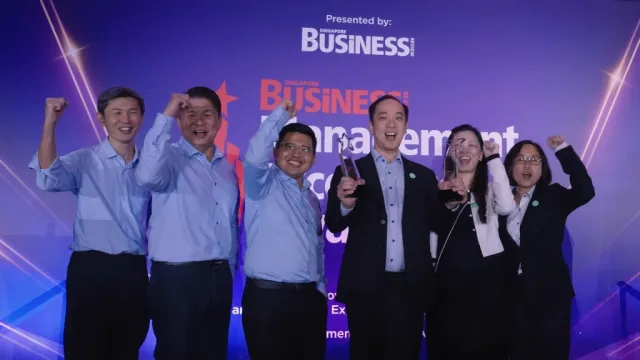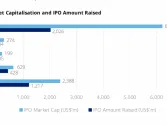
Why Japanese securities firms shouldn't be too happy yet with earnings rebound
Sustainability is still 'unclear,' says Fitch.
Fitch Ratings says that the earnings improvement at major Japanese securities firms is likely to have continued into the second quarter of financial year ending March 2014 (Q2FYE14), but it is not yet clear if the trend will be sustained beyond that because of market uncertainties.
The Japanese stock market turned around in December 2012 when Prime Minister Shinzo Abe took office and the Tokyo Stock Price Index (TOPIX) gained about 40% between then and end-September 2013. Positive market sentiment and accompanying higher volatility boosted Nomura Holdings, Inc.'s (NHI) and Daiwa Securities Group, Inc.'s (DSGI) quarterly core earnings comprising of fees & commissions and trading gains in Q4FYE13 and Q1FYE14.
However, there remains uncertainty over the market environment in H2FYE14 and thereafter, which may negatively impact investors' sentiment. Also, there has been no solid recovery in the real economy, Fitch says in a review of major Japanese securities firms.
Market uncertainty stems mainly from two factors: the scheduled increase in Japan's consumption tax, and the US authorities' monetary policy. Any signs of deterioration of the performance of the private sector, such as consumption waning as a result of the tax increase, could hurt investor confidence in an economic recovery and thus curtail further risk-taking.
This would lead to lower investment and transaction volumes, upon which the securities firms rely for fee income. Additionally, the US authorities' exit from quantitative easing could trigger a repatriation of capital by foreign investors, who hold about 30% of the Japanese stocks.
The loss absorption capacities of NHI and DSGI compare favourably with global universal banks. Fitch expects the entities' Value at Risk to increase slightly in FYE14, given higher volatility in the financial market, but both firms are likely to maintain a decent loss absorption capacity.
NHI and DSGI have maintained solid capital bases, with their respective Fitch Core Capital (FCC) ratios at about 12% and 22%, respectively, at end-June 2013.
Nevertheless, Fitch expects no significant strengthening of internal capital generation in the short to medium term, because of a still-fragile operating environment and lack of clear evidence of sustainable improvement in Japan's real economy, which is needed to accelerate further investment in the private sector.















